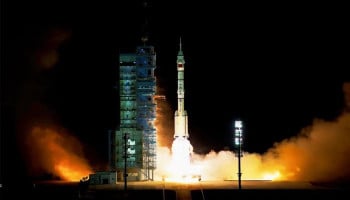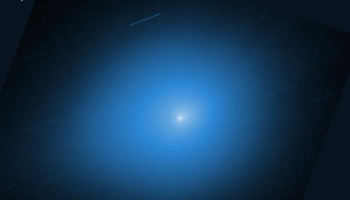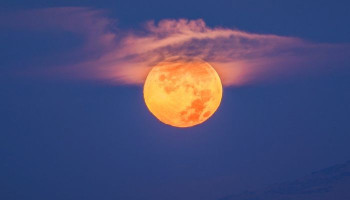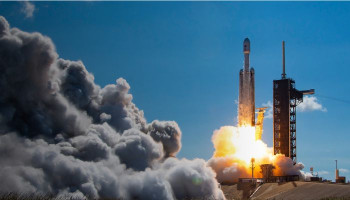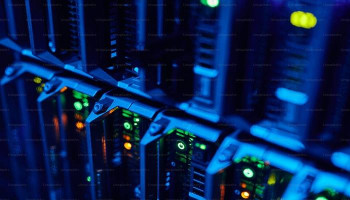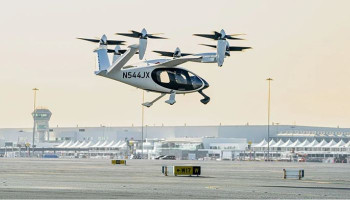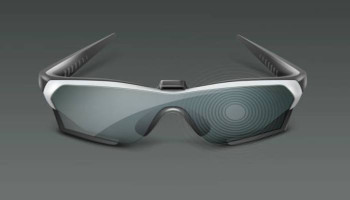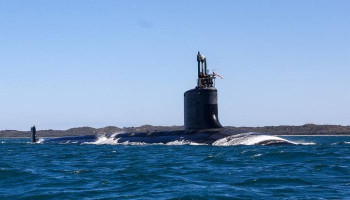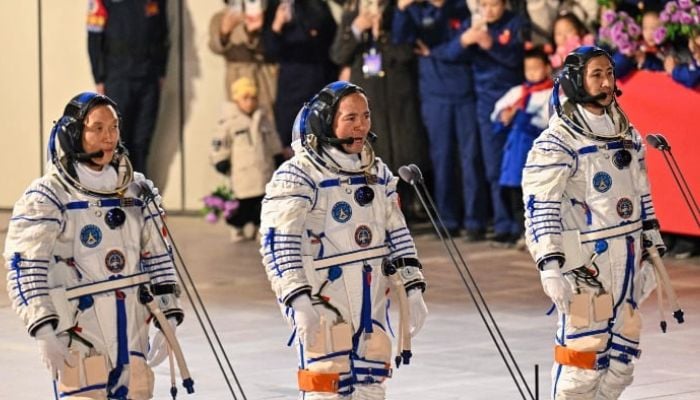
An image of astronauts for China's Shenzhou-21 space mission, Zhang Hongzhang (L), Commander Zhang Lu (C) and Wu Fei (R), wave during a departure ceremony before boarding a bus to take them to the Shenzhou-21 spaceship at the Jiuquan Satellite Launch Centre in the Gobi Desert in northwest China on October 31, 2025. — AFP
China has successfully launched a new three-member crew, including its youngest astronaut ever, to the Tiangong space station, along with four laboratory mice for in-orbit experiments.
According to the Xinhua News Agency, the Shenzhou-21 spacecraft docked with Tiangong about three and a half hours after launching from the Jiuquan Satellite Launch Centre in northwest China. The mission launched aboard a Long March-2F rocket.
Leading the mission is veteran astronaut Zhang Lu, who is joined by flight engineer Wu Fei, 32, who is now the youngest Chinese astronaut to fly in space, and payload specialist Zhang Hongzhang, 39.
In an uncertain first for China, alongside these astronauts were four mice — two males and two females — to conduct biological studies on the effects of extended spaceflight. The study would be beneficial for improved human adaptation in curved gravitation.
According to the China Manned Space Agency (CMSA), the Shenzhou-21 crew is expected to conduct scientific experiments, at least one spacewalk, and install parts for space debris shields on the exterior of Tiangong.
The astronauts are also scheduled to conduct a number of activities related to public outreach and education to inspire young people to start their own interests in space exploration.
Since being expressly barred from the International Space Station (ISS) in 2011 due to US restrictions, China has built its own orbital outpost, Tiangong, and is hosting international partners. In the early part of this year, Beijing signed an agreement with Pakistan to recruit and train astronauts for the






